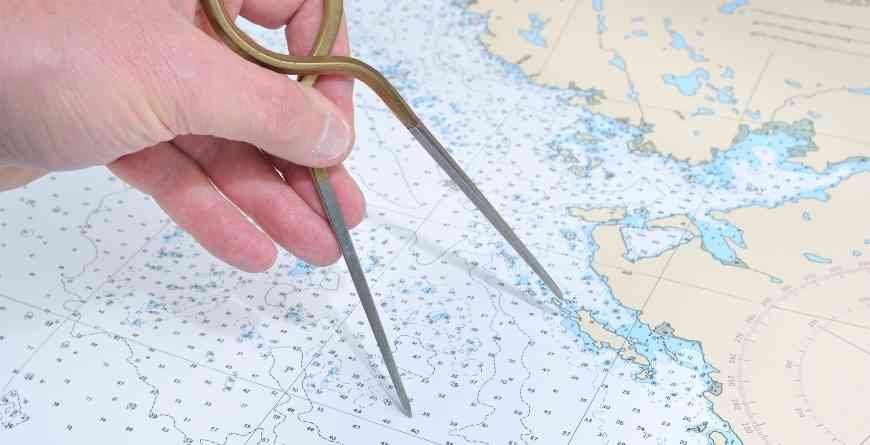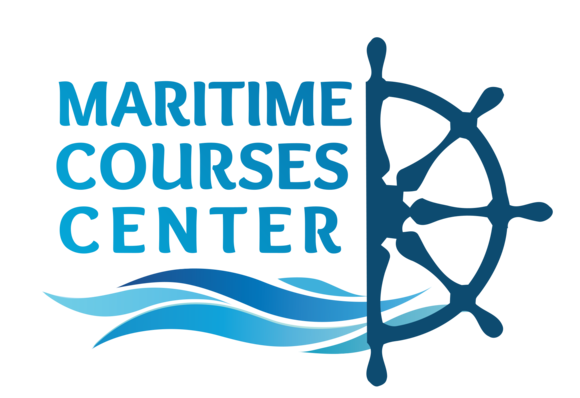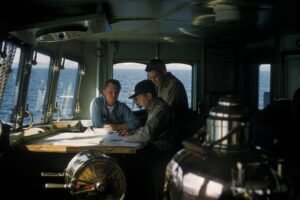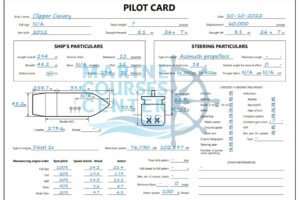
Voyage planning | passage planning part 1

Table of Contents
Voyage planning | passage planning
1. Effective Voyage planning | passage planning
• A comprehensive and detailed process requiring skill and thorough research
• Carries responsibility and potential consequences for errors
• Passage planner must be conscientious and aim for a “berth to berth” plan
• Plan must:
• Clearly define a safe navigational route
• Include contingency options and account for safety margins and environmental protection
• Undergo a rigorous checking process
• Be easy to follow and efficient
• Reduce navigational risk.
1.1 The Need for a Comprehensive Voyage planning | passage planning
• Well established requirement in shipping
• Mandated by SOLAS Chapter V Regulation 34, STCW Code, ship’s SMS, and IMO Resolution A.893(21)
1.1.1 SOLAS Regulation 34 Voyage planning | passage planning
• Requires master to plan voyage using appropriate nautical charts and publications
• Identifies a route taking into account:
• Relevant ships’ routeing systems
• Sufficient sea room
• Known navigational hazards and adverse weather conditions
• Marine environmental protection measures
• Owner, charterer, or company cannot restrict master from making decisions for safety and protection
1.1.2 STCW Code Voyage planning | passage planning
• Contains general principles of passage planning within A-11/1 (operational) and A-11/2 (management) levels
• Section A-VIII/2 covers Watchkeeping Arrangements and Principles to be Observed
• Part 2 relates to voyage planning
Requirements:
• Intended voyage must be planned in advance and checked before commencing
• Chief engineer officer and master must determine voyage needs
• Prior to each voyage, master must plan route using adequate and appropriate charts and publications
• Route must take into consideration relevant navigational limitations and hazards.
1.1.3 Ship’s Safety Management System (SMS) Voyage planning | passage planning
Ship voyage planning depends on various factors such as the ship’s size and trade and is influenced by various requirements such as:
• Owner or charterer’s requirements
• Coastal state regulations, especially for ships carrying hazardous cargo
• Environmental considerations, such as emission control areas (ECAs)
The ISM Code’s Clause 7 on Shipboard Operations requires the shipping company to establish procedures, plans, and instructions for key shipboard operations, which includes passage planning.
The ship’s SMS should be consulted in conjunction with the Master’s standing orders and specific voyage instructions to ensure an efficient passage planning process.
1.1.4 IMO Resolution A.893(21) Voyage planning | passage planning
IMO Resolution A.893(21) highlights the importance of voyage and passage planning for safety, navigation, and environmental protection.
The need for voyage planning applies to all vessels, taking into consideration factors that may impede safe navigation.
Leave A Reply
You must be logged in to post a comment.




1 Comment